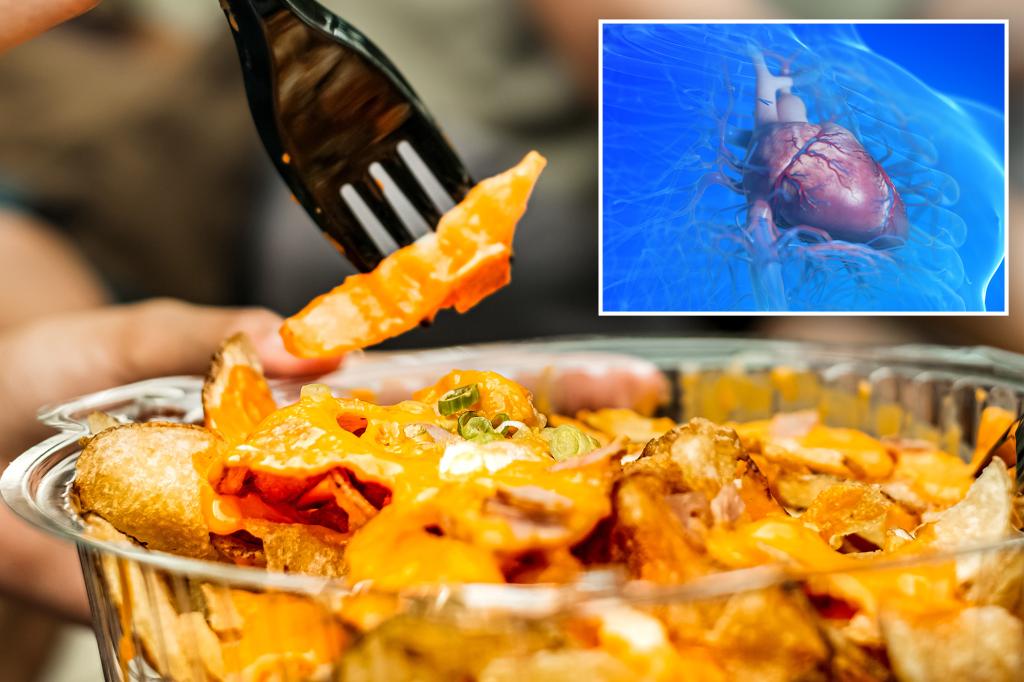
After an exhaustive workday, nothing beats returning home, shedding your shoes, and indulging in some delicious, hot takeout.
However, a recent study from China raises a serious concern: placing hot food in plastic containers could potentially harm your heart, even if you’re not microwaving it.

In their experiments, researchers tested rats by exposing them to boiled water in plastic takeout lids for varying periods—one, five, and fifteen minutes—over three months.
The findings were concerning—no matter how long the plastic had been in contact with the hot liquid, the rats showed substantial disturbances in their gut microbiome, leading to inflammation, which can heighten the risk of cardiovascular diseases.
Moreover, researchers noted considerable damage to the heart muscle, leading them to conclude that “frequent exposure to plastics is notably linked to an increased risk of congestive heart failure.”
Since the exposure to plastic occurred through placing hot liquids in containers—without any microwaving—this study indicates that consuming hot meals from plastic takeout containers could elevate your risk of heart disease.

To enrich their findings, the researchers asked 3,200 individuals to complete a questionnaire regarding their exposure to plastic and heart health.
The results indicated that those who frequently consumed food from plastic containers had a heightened incidence of heart-related issues, particularly congestive heart failure.
It’s important to note that the study has some limitations. Researchers were unable to identify the specific types of plastic present in the rats’ bodies, nor did any develop full-blown cardiovascular disease.
Meanwhile, the human aspect of the study relied on self-reported data rather than clinical evaluations. Researchers also acknowledged that the apparent connection between takeout containers and cardiovascular symptoms might stem from other influencing elements.
Nevertheless, this research adds to the growing body of evidence that microplastics in food service could pose serious health risks.
The authors of the study reiterated that “further investigations are needed to clarify the health effects of long-term exposure to plastic materials.”
However, their recommendations may seem drastic: “To minimize potential harm to human health from plastic products, it is crucial to avoid using plastic containers for hot food in the meantime.”









